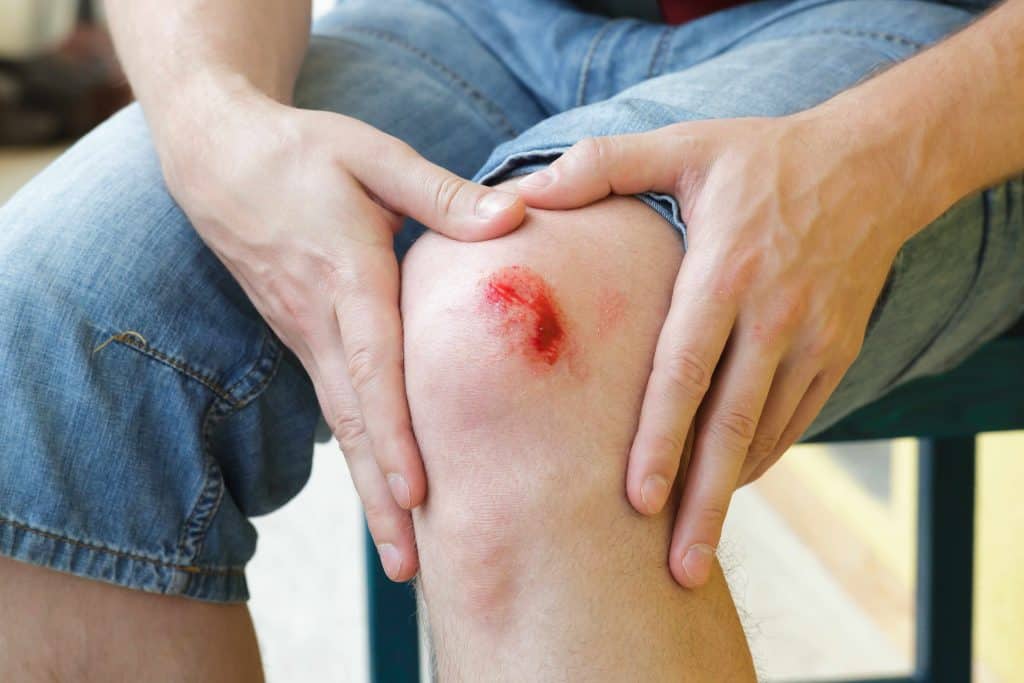
Most minor cuts, scrapes, and burns can be treated safely at home—but not all wounds are so simple. Some injuries need professional medical attention to prevent serious complications like infections, delayed healing, or even permanent damage.
So how do you know when it’s time to stop using home remedies and see a wound care specialist or doctor? Here are the 5 key warning signs you shouldn’t ignore.
1. The Wound Isn’t Healing
What to look for:
- No signs of improvement within 7 to 10 days
- A wound that stays the same size or appears deeper
- Skin around the wound becoming discolored or hard
Why it matters:
Slow or non-healing wounds may signal an underlying issue such as diabetes, poor circulation, or infection. These wounds need specialized treatment to prevent complications and promote healing.
2. Signs of Infection Appear
What to look for:
- Increased redness, warmth, or swelling
- Pus or cloudy discharge
- Fever or chills
- Bad odor from the wound
Why it matters:
These are signs that bacteria have entered the wound. Left untreated, infections can spread to deeper tissues or even into the bloodstream—causing a life-threatening condition known as sepsis.
3. Persistent or Increasing Pain
What to look for:
- Pain that gets worse instead of better
- Discomfort that interferes with sleep or daily activities
- Pain that isn’t relieved by over-the-counter medications
Why it matters:
Pain that intensifies over time may mean there’s an infection, tissue damage, or poor blood supply around the wound. A professional evaluation is crucial to prevent worsening damage.
4. Excessive Bleeding or Reopening
What to look for:
- Bleeding that lasts more than 10 minutes with pressure
- A wound that keeps reopening after initial healing
- Visible tissue like fat, muscle, or bone
Why it matters:
Uncontrolled bleeding or wounds that won’t stay closed may require stitches, advanced dressings, or surgical intervention. Ignoring it increases the risk of infection and delayed recovery.
5. You Have a Health Condition That Affects Healing
Conditions to consider:
- Diabetes
- Peripheral artery disease
- Venous insufficiency
- Weakened immune system (from medications or illness)
Why it matters:
If you have any of these conditions, even minor wounds can become serious quickly. Specialized wound care helps prevent ulcers, gangrene, and in extreme cases, amputation.
Bonus: You’re Not Sure How to Treat It
If you’re unsure whether you’re using the right products, dressing the wound correctly, or doing more harm than good, that’s reason enough to reach out to a professional. A consultation could prevent weeks—or months—of complications.
When in Doubt, Get It Checked Out
Wounds can be deceiving. What starts out small can develop into a much bigger problem without the right care. When in doubt, it’s always better to have a wound assessed early by a doctor or wound care specialist.
Concerned about a wound?
Book an appointment with our wound care team or contact us to learn how we can help you heal safely and quickly.
